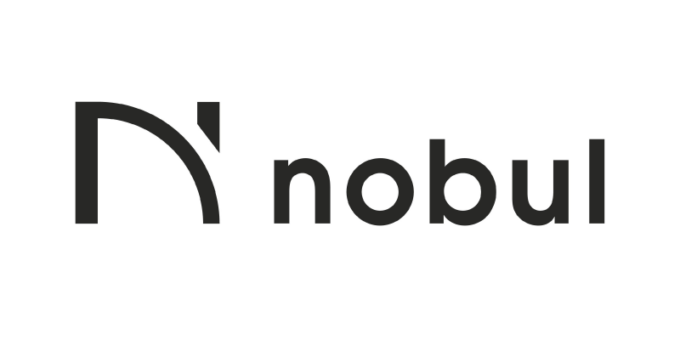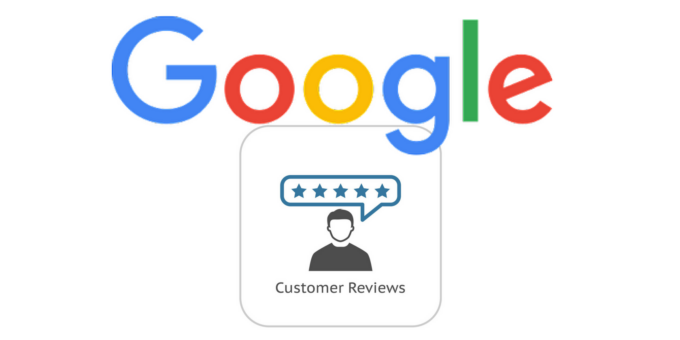Reviews are the cornerstone of any service industry – a shorthand way for consumers to broadcast their thoughts and feelings about a brand or service provider, unaffected by coercion or promotion. Or at least, that’s what reviews should be.
Reviews in the real estate industry – as with some other industries – don’t always land where they should. Some agents have a bad habit of hiding or deleting negative reviews. And other unscrupulous practitioners have been known to falsify positive reviews. In the past, these unsavory practices have made it challenging for consumers to separate the wheat from the chaff. They have also, unfortunately, done damage to the industry’s overall reputation, affecting even honest agents.
Then Nobul came along, a real estate digital marketplace bent on disrupting the real estate industry. The disruptive company, led by innovator Regan McGee, aims to build trust in the real estate industry through transparency and accountability. In this article, let’s delve into how the company achieves its mission statement and why real estate directly needs this system of checks and balances.
An Alternative to Bus Ads, Yellow Pages, and Friend Recommendations

Throughout this article, we will be juxtaposing how things were (i.e., pre-Nobul) with how things are currently (i.e., changes precipitated by Nobul). And the first logical place to start is with choice.
Before Nobul launched its real estate digital marketplace, agents relied on a self-aggrandizing mixture of physical ads, incentivized word-of-mouth, and pushy lead-generation tactics. They took out tall ads in the Yellow Pages or on bus shelters promoting themselves as the “best” or “leading” service provider – with no standardized way of authenticating the claim. They encouraged their “success-story” clients to tell their friends and family. And they nurtured leads by cold calling and pitching prospective clients.
In other words, the agents controlled the narrative. On Nobul, the opposite is true. The digital marketplace obtains and publicizes all of an agent’s verified reviews (good and bad) so that consumers can “shop” for the agents that best fit them.
The Difference Between Reviews and Verified Reviews

Next, we can discuss accountability. As mentioned in the introduction, some agents falsify or cherry-pick their reviews to appear more successful than they actually are. The practice isn’t exclusive to the real estate industry (restaurants do it on Yelp, Amazon vendors do it, etc.). It’s a systemic problem in modern online consumerism. But when a consumer is putting hundreds of thousands of dollars on the line, as they are in real estate transactions, they deserve honest service.
Nobul makes a clear distinction between reviews and verified reviews, only publishing the latter. With verified reviews, the reviewer needs to demonstrate that they have used or otherwise experienced the service by offering documentation to that effect. By only publishing and disseminating verified reviews, the company ensures that agents remain accountable for their reputations.
Putting Your Faith in the Algorithm

Next, let’s discuss convenience. Reviews and ratings on Nobul aren’t just floating in the ether, waiting to be discovered by a curious homebuyer or seller. They play a critical role in how the company’s proprietary algorithm matches consumers with agents.
Before Nobul, it was the consumer’s job to vet their options for agents. And as mentioned, that task wasn’t easy. One of the company’s more disruptive ideas was to apply an AI-powered algorithm to the process to work on behalf of the consumer. Essentially, a consumer inputs their criteria for a perfect real estate agent, and the algorithm sorts through geographically relevant options to find matches. It then labels each agent with a “match score.” Crucially, the algorithm relies on verified reviews and ratings in its calculation.
Reviews and Ratings as Part of a Holistic Agent Profile

Nobul’s algorithm combs through more than reviews. After all, the company understands that verified reviews and ratings aren’t a perfect indicator of quality or relevance. While verified reviews have their merits, they have their limitations too. This might be the perfect time to talk about transparency.
One of Nobul’s more radical innovations (the one that landed them in countless news articles) is their approach to information accessibility. They publicize everything. In prior times, an agent could hide their transaction history and offer opaque pricing. But after some antitrust laws levied against the industry, Nobul finally said, “Enough is enough.” Currently, Nobul is one of the only platforms where consumers can find transparent transaction histories, pricing, services offered, etc.
And the algorithm takes it all into account. When a user inputs their criteria for an agent, the AI-powered algorithm vets each agent holistically according to the information above – but also practical stuff like language spoken, geographical distance, specializations, etc.
When looking for the perfect real estate agent, verified reviews are certainly one tool in the consumer’s arsenal. Still, consumers need to round out their decision-making by taking other key factors into account.
Long-Term Effects: Meritocracy and Trust in the Real Estate Community

Speaking to Medium, CEO Regan McGee had an interesting take on Nobul’s role in the industry. “The job of being a real estate agent is customer acquisition, not being good or bad at trading property. If you see somebody with a lot of “for sale” signs covering the neighborhood, they might be terrible at their job. If you are not using Nobul, you are never going to know.”
Basically, he’s saying that, without a robust system of transparency and accountability, there’s no way for the industry to promote meritocracy. The loudest voices (or the most prominent ‘for sale’ signs) will win out. And the industry will continue to suffer the loss of public trust.
Therefore, the long-term effects of Nobul’s popularity should be positive for everyone. As stated, consumers will benefit from choice, access, convenience, and transparency. Meanwhile, the industry will benefit by rewarding quality agents, pleasing consumers, and sowing public trust.
Hopefully, this article demonstrates how something as simple as a verified review can be part of a rich tapestry that promotes industry trust and transparency.






